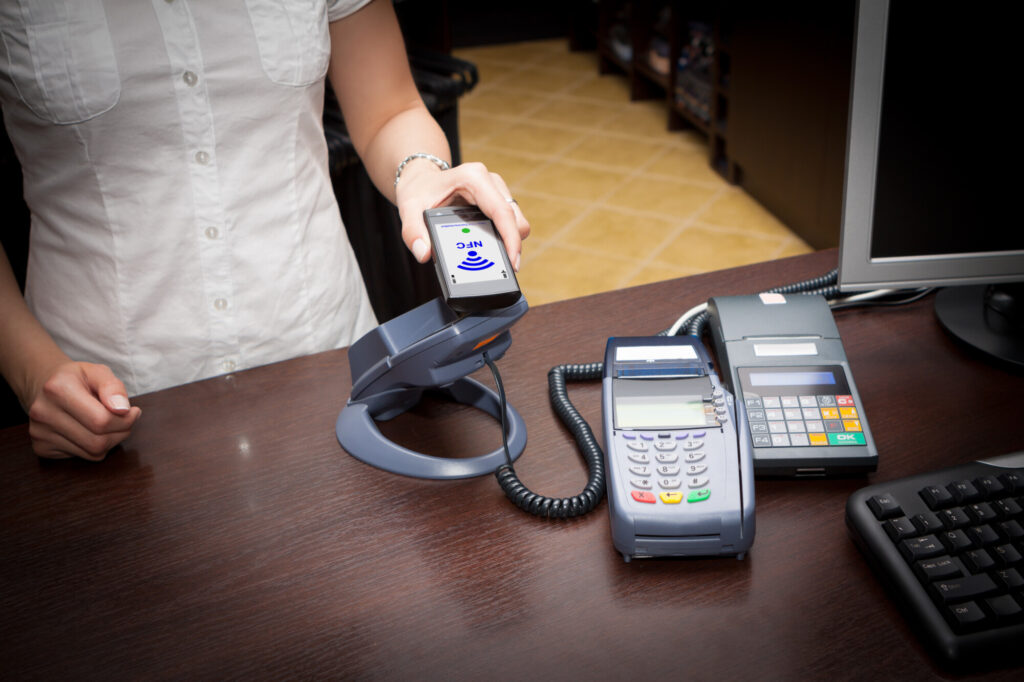In 2021, customers used cash for only 18% of POS transactions worldwide. People everywhere are using physical money less and less as technology advances.
To remain profitable, almost every business needs a method of accepting credit and debit card payments. A retail POS system is essential to avoid losing customers and sales.
However, choosing the best POS system can be difficult since you have so many options to choose from. There are many factors to consider when choosing retail POS software, like your business model and the volume of transactions.
If you’re not sure how to choose from all the newest retail technology on the market, we’ve got you covered. Read on to learn how to choose a POS system retail locations can rely on!
Retail POS: An Overview
POS stands for “point of sale.” POS systems for accepting card and mobile payments are often called EFTPOS, which stands for “electronic funds transfer at point of sale.”
The point of sale is the location where the actual transaction between customers and businesses takes place. Before digital payments, the POS was simply a cash register, but today the POS can be a mobile device or completely online.
The type of POS retail locations and restaurants use can vary, as restaurants often include a way to tip servers with your card payment. For retailers, this function is typically unnecessary for POS systems.
In addition to accepting card payments, POS systems can create receipts, and track sales and taxes. By keeping all this information together, you can make your accounting much simpler.
Different POS systems have options to help prevent retail theft and manage multi-store businesses.
Replacing point of sale technology can be overwhelming, so let’s look at some of the options on the market.
Tyro: Best Overall for Australian Retailers
Perhaps lesser known than POS giants like Square and Clover, this hidden gem is a great choice with several options to choose from.
Tyro has a monthly rental fee for equipment, which may initially be a turnoff. However, they charge a lower transaction fee than other retail POS systems, which can easily outweigh the rental fee with even a small number of transactions.
Tyro software also integrates with external POS hardware. If you already have a register and a card reader, you can use Tyro software without getting new equipment.
Tyro offers retail technology options for physical stores as well as e-commerce. Businesses also have a choice between mobile and tabletop POS hardware.
In particular, retail locations based in Australia should consider a Tyro POS system. Tyro is an Australian company that aims its services specifically toward Australian small businesses.
Square: Best Free Option
Square is possibly the biggest name in the POS industry. Known for its low-maintenance mobile readers, Square is a good choice for small business retail operations with a lower budget.
Businesses that want a simple and portable option will be pleased with a Square POS. Startups that can’t afford high upfront costs might also consider Square.
The simplest system is the magstripe reader, which is available for free and plugs right into a phone or tablet. For businesses needing more functionality, they also offer bigger POS hardware.
Square gives the option to buy POS equipment and doesn’t require a contract. The software can also help with tracking inventory and staff management.
What customers tend to like about Square is its simple pricing structure. Businesses know what they’re going to pay without a confusing combination of fees.
The biggest issue you may run into with Square is in the delivery of your funds. It can sometimes take days for funds to transfer to your bank.
Clover: Best for Large Shops
Clover is a good choice for larger stores that have a large number of monthly transactions. The software is user-friendly and it’s easy to get set up.
The biggest advantage of a Clover system is its functionality. Clover has many added features that can make businesses run more smoothly.
With this software, you can track payroll, customer reviews, and several other features that most POS systems don’t include.
While Clover has lots of perks, it doesn’t compare well to other systems in its contract structure and costs. Users have 60 days to cancel a subscription without additional fees.
In addition to the contract, Clover software doesn’t integrate with external systems, so you have to use their equipment. The transaction fees are also higher than Square and other systems.
Shopify: Best for Online Selling
Shopify is another good choice for retailers considering replacing POS system software. Specifically, Shopify works well for e-commerce.
While you can use your preferred payment processor, Shopify offers one on its platform called Shopify Payments. Users who process transactions on this payment processor don’t pay transaction fees.
The software is compatible with most smart devices and they offer mobile card readers.
The reason Shopify is good for online selling is because of how well it integrates with websites and social media. Customers can make partial payments, and you can embed the POS on Facebook and Instagram pages.
While there are many features available, users are often priced out of using a different payment processor. If you use a third-party processor, transaction fees can be as high as 2.9% plus a flat fee.
Another feature missing from Shopify is offline processing. If your system loses its internet connection, you can’t take payments using Shopify.
Upgrade Your Business
Payment processing is essential to running a successful business. Having an effective retail POS will ensure your customers can easily pay for your product.
When choosing the POS system that’s best for your business, consider your market and what features you want.
Still have questions about POS systems? Since 1981, Tower Systems has been helping small businesses in Australia, New Zealand, and the Pacific Islands.
Book a free demo today to learn what our POS services can do for your business!


Recent Comments